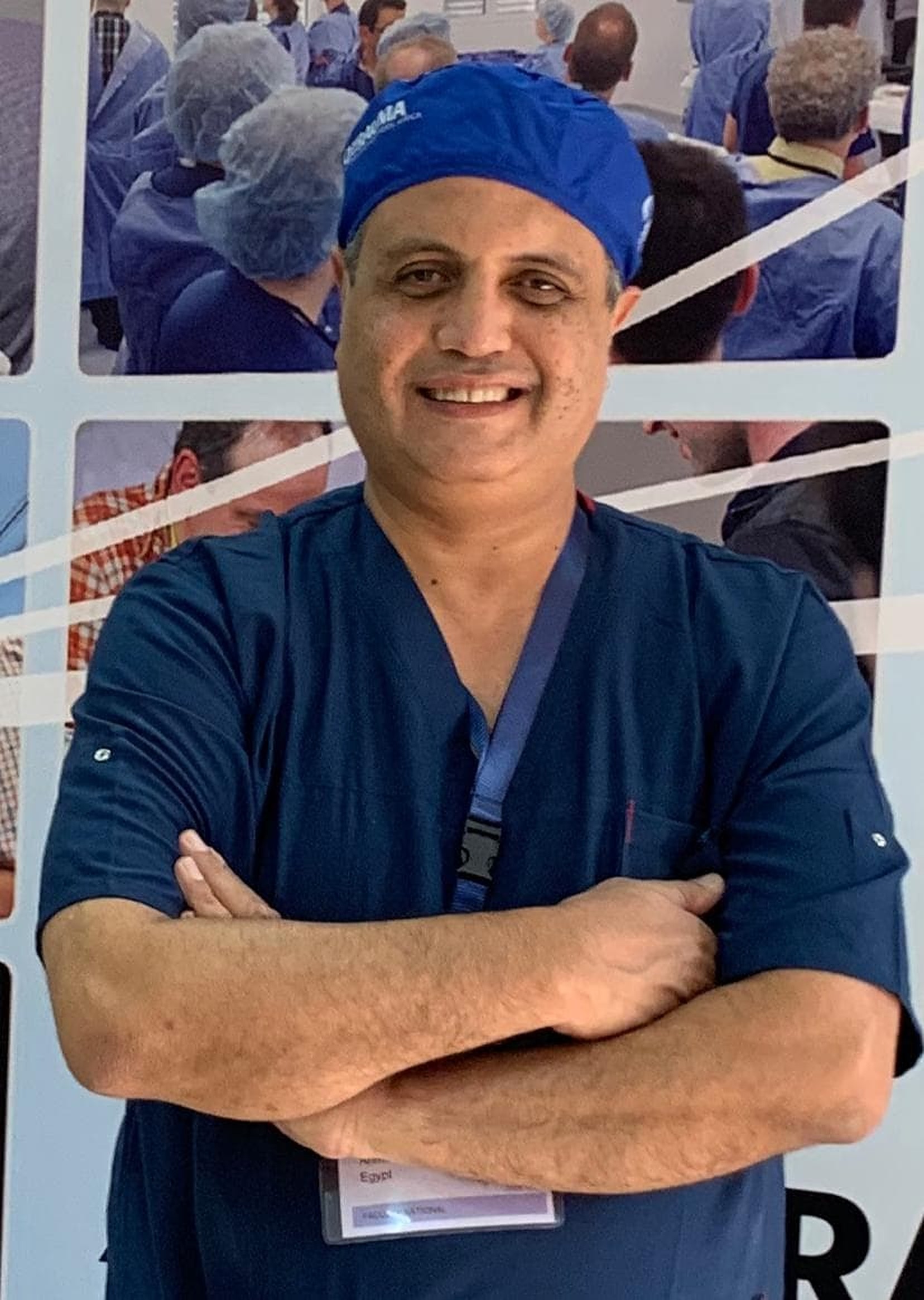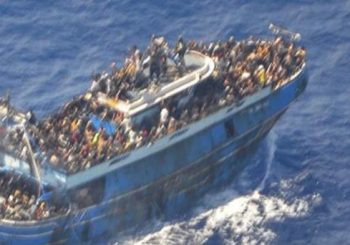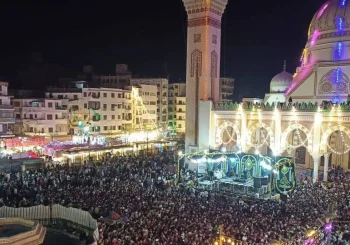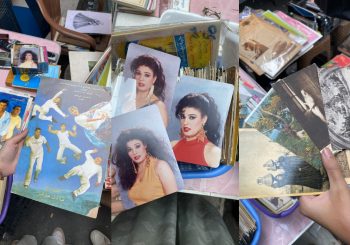In a series of documenting the stories of health workers in Egypt, Dr. Ahmed Kholeif, Professor of Orthopedic Surgery, tells Egyptian Streets what it feels like to work amid the Covid-19 crisis
The truth is that all health workers are highly at risk of being infected. We are all involved in fighting this pandemic in many different ways; not just those that are working in direct contact with the patients.
You enter the hospital everyday and meet several patients, their family members and companions, and also come across colleagues and nurses, which means that any one of them can be a potential source of risk and you can never isolate yourself.
“You always feel that you at risk at any moment”
You always feel that you are at risk at any moment and you don’t really know where it is coming from.
For senior health workers, while they may not be much involved with the infected patients, they are the ones that mostly suffer from chronic illnesses. So when we get exposed to it, we are at more risk of being infected.
Junior health workers, on the other hand, are more liable to transfer it to their families, because they spend longer times in hospitals.
I keep the patient away by at least 2 meters. We are always wearing masks and only one individual in the room is allowed with the patient.
What makes us upset the most is when people do not appreciate our efforts and hard work. When we deal with patients, some of them are negligent, and do not follow the basic procedures or stay at a safe distance.
They think that you are exaggerating when you tell them to follow the health precautions. They may be exposed to it once, but we get exposed to many people, so its important to try to reduce your risk of exposure as much as you can.
We are always keen to protect them, but some of them are not taking action to protect themselves.
Then there are others who are the other way around and fear us they think we all carry the infection, so there are some incidents where we can feel excluded and discriminated against.
But one big problem is that even though we are all at risk, there is no clear forecast or enough information on what happens afterwards.
What kind of support I will be getting? What will happen after this? There is no hundred percept confirmation that you will have a place or spot in isolation rooms, or that you will get compensation to support your life or family.
“if a doctor loses his life, what will happen to his family?”
For instance, if a doctor loses his life, what will happen to his family? Who will support them? There’s no clear pathway or plan on who will support his family financially after that; no clear future outlook on how these families will survive.
Personal protective equipment is also never enough, and even if you purchase it with your own money, you would not find them. All these problems need to be urgently considered.
We are entering a battle, and we need a shield to protect us.







Comments (0)